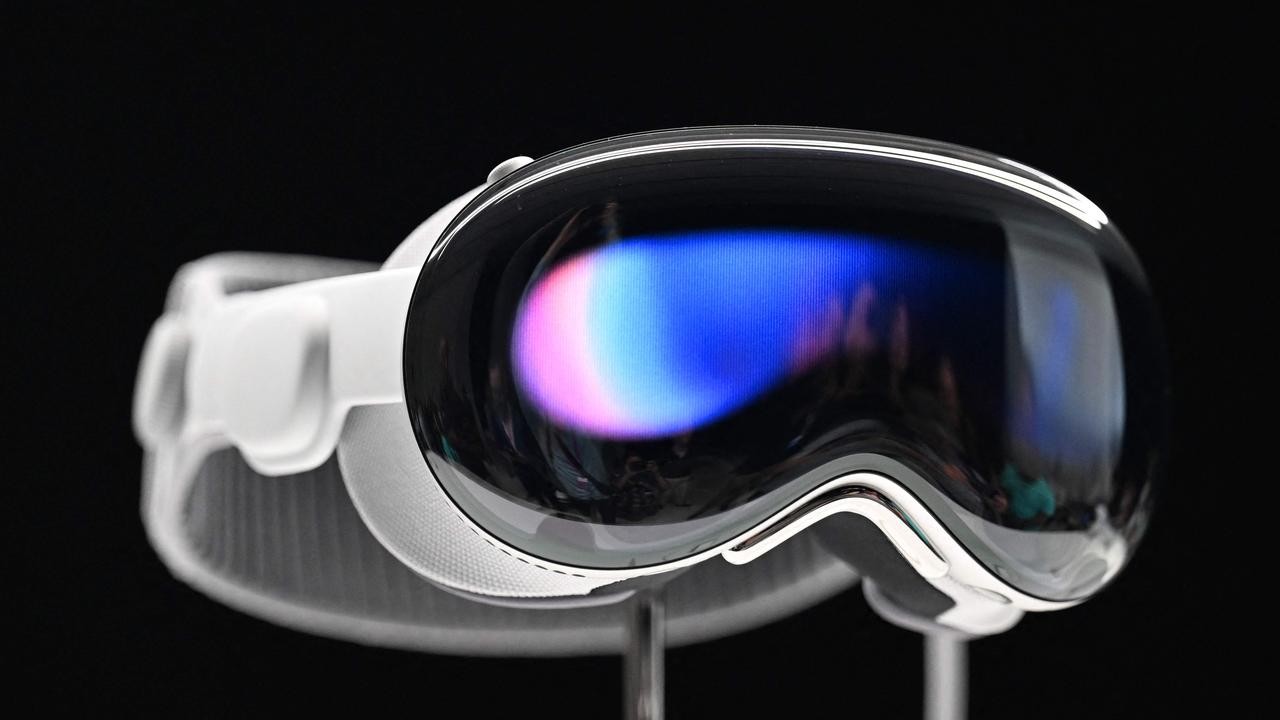Huawei addresses the major issue of Apple Vision Pro!
Introduced by Apple a few months ago and staying in the limelight ever since, Vision Pro now finds its way onto Huawei's agenda.

As technology continues to simplify our lives, it also occasionally presents new challenges. One such issue is "motion sickness," a sensation unfamiliar to people a century ago. This uncomfortable feeling, characterized by nausea, dizziness, and even vomiting, can be triggered during travel in vehicles like cars, boats, and planes. Even entertainment sources such as amusement park rides and virtual reality settings aren't exempt. Addressing this problem, Huawei has recently announced a patent focused on counteracting motion sickness.
Motion sickness primarily emerges when our brain processes conflicting data from various sensory systems. For instance, while in a moving car, our eyes might perceive the interior as stable, but our vestibular system detects the movement, creating dissonance. This discrepancy can manifest as the uncomfortable symptoms associated with motion sickness. To combat this, Huawei's proposed system endeavors to resolve this sensory conflict.
Huawei addresses the major issue of Apple Vision Pro!
The innovative system captures real-time images showcasing the vehicle's movement in relation to the road or ground below. Passengers can view these images on the vehicle's infotainment system, observing their journey in sync with the vehicle's motion. By aligning the visual and vestibular perceptions, the system aims to diminish or even eradicate the root cause of motion sickness.
Providing passengers with precise visual data about the vehicle's movement allows them to synchronize their vision with their body's movement. This synchronization could significantly mitigate or potentially prevent motion sickness symptoms. While the technology remains at the patent stage and its implementation timeline in vehicles is uncertain, its potential impact on reducing motion sickness, especially with the growing prevalence of AR/VR technologies, is undeniably promising.
 OnePlus Pad Go all specifications leakedTablet
OnePlus Pad Go all specifications leakedTablet





